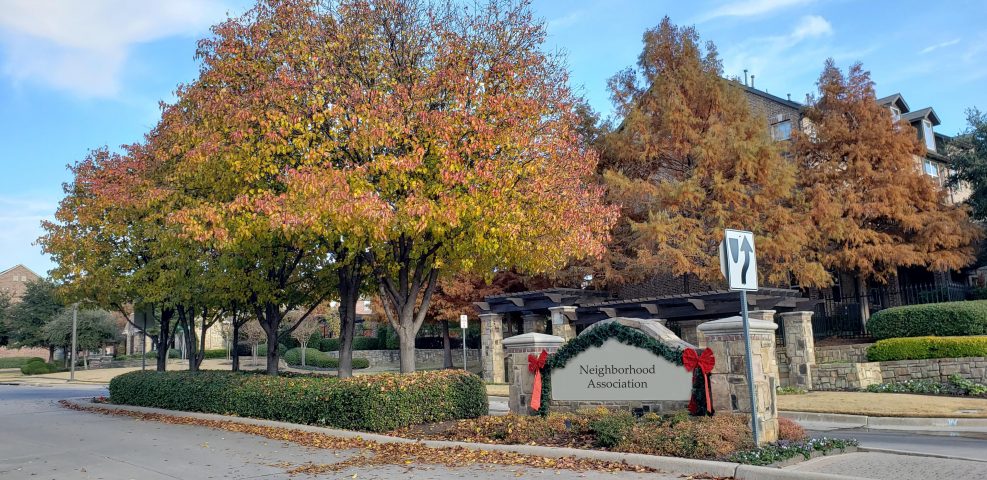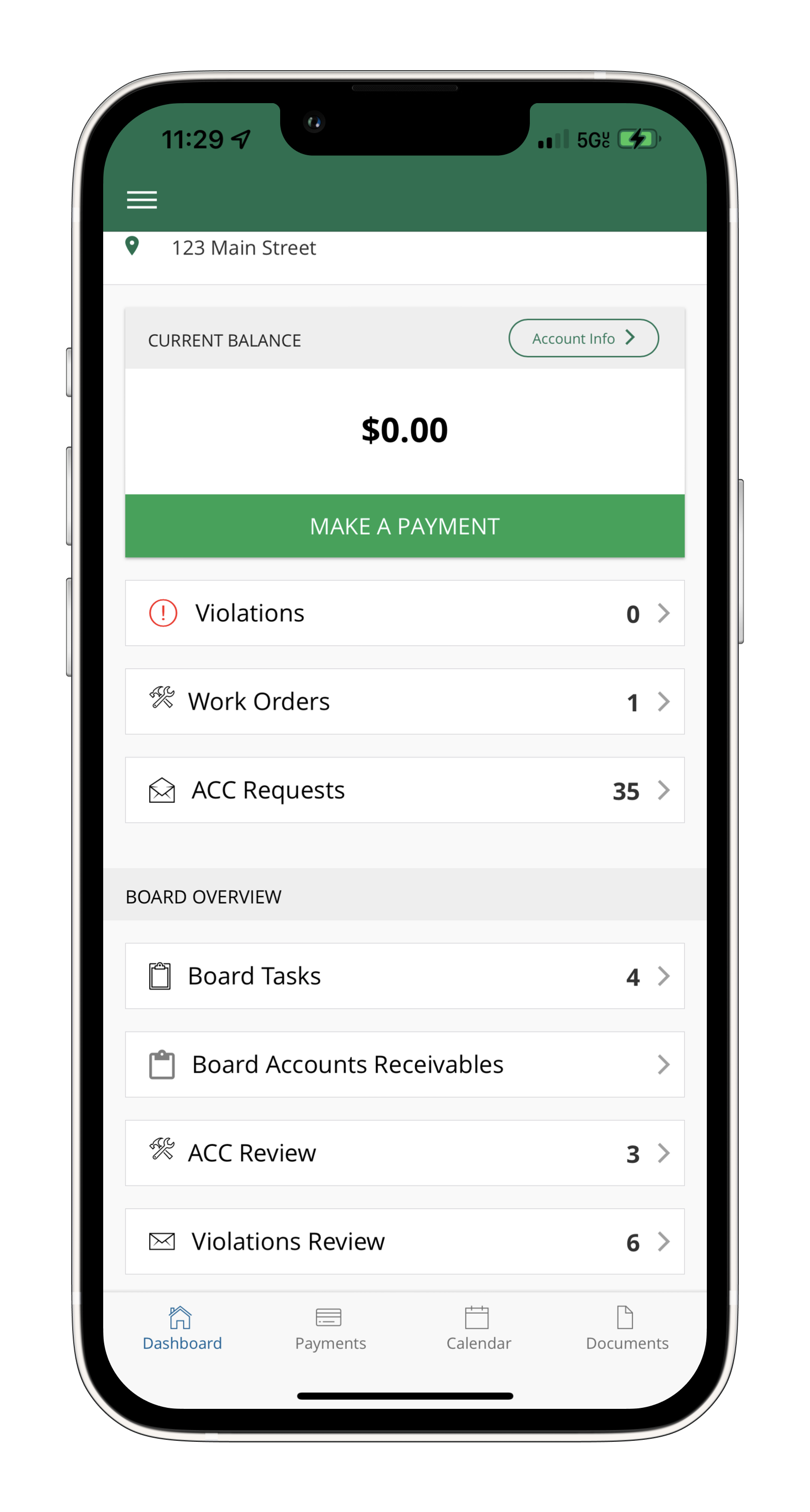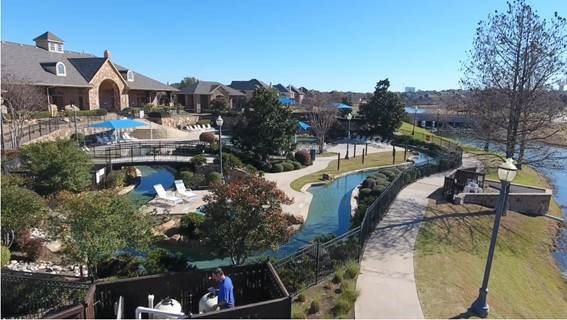
Getting Real about Your Reserve Study
November 19, 2019
Be Sure Your HOA Accountant is Handling These Tasks in January!
December 31, 2019When considering how a property owners association is run, we all desire to see where our money is going. As we drive into our communities, we want to witness our assessment dollars in action. Blooming seasonal flowers and a well-maintained landscape are often top of mind, but your assessment funds are also working for you behind the scenes. What is it that many property owners aren’t seeing about their association’s finances?
“With the right service providers, your assessment dollars will work for you to protect your investments in your home and your community.”
Have you ever taken the time to drive through a community not governed by a property owners association? How does the overall maintenance of homes compare to your community? The differences can be striking. Consistent inspections to enforce your community covenants, conditions and restrictions pay dividends to keep the appearance of your community at its best. These compliance inspections, as well as the issuance of enforcement notices, are paid for by assessments.
Before you purchased your home, something appealed to you about the look and feel of the community. To most homeowners, aesthetics matter. The association’s architectural guidelines lay the groundwork for the various improvements and modifications to each residence that come as the community matures. To maintain the character of your community, volunteers serve on an “architectural review committee” and follow existing architectural guidelines. The committee must work in harmony with your management team who processes modification applications from homeowners.
Just like your home, your association must be protected from casualty and loss. Depending on your community’s governing documents your association must maintain several insurance policies with adequate limits. The volunteers who serve on the board of directors and various committees are protected (while operating in their assigned roles) by a directors and officers liability policy. This policy is above and beyond a general liability insurance policy which covers the association against claims for personal injury and other covered losses occurring on association owned common areas. If your common facilities or monuments are damaged by a covered weather event or vandalism the association carries property and casualty coverage to fund repairs up to the value of your association’s assets. These are but three examples of insurance coverage your association likely carries. All are in place to protect your association from unexpected losses. Associations should engage the services of a licensed insurance agent to regularly assess their risk and insurance coverage needs.
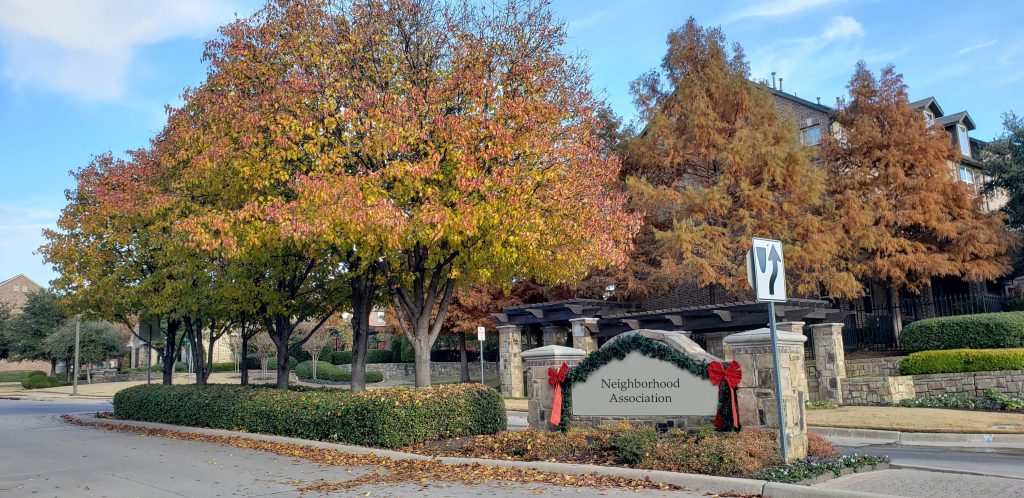
Often overlooked are the team of professionals who keep an eye on your finances. Bookkeeping and financial reporting are essential to help a board of directors run your association like a business. In addition to monthly financial reports provided by your management company many associations employ the services of a CPA to perform a financial audit of the association financials at the end of a fiscal year. An audit provides assurances that your association’s finances are recorded and disbursed using generally accepted accounting principles. Your association was likely organized as a non-profit corporation upon its inception. This doesn’t necessarily exempt your association from filing annual federal and state tax returns. The board of directors should utilize a professional tax preparer to determine tax liability, if any.
Are your association’s written policies recorded and kept up to date with changing law? Is your board holding public meetings and providing adequate notice to all members? Do your notices and forms used for voting, violations and assessment collections contain all required legal language? Communities rely on their professional management company to raise these issues and direct the board of directors to consult the association’s legal counsel to ensure proper compliance with all processes. Your community’s attorney is a resource for your board to ensure federal and state statutes are followed and may also help interpret legal documents that govern operations.
Your property owners’ association is led by a dedicated group of volunteers who are elected to serve on your community’s board of directors. However, there is a group of professionals in the background who also work to make your community run smoothly. With the right service providers your assessment dollars will work for you to protect your investment in your home and your community.
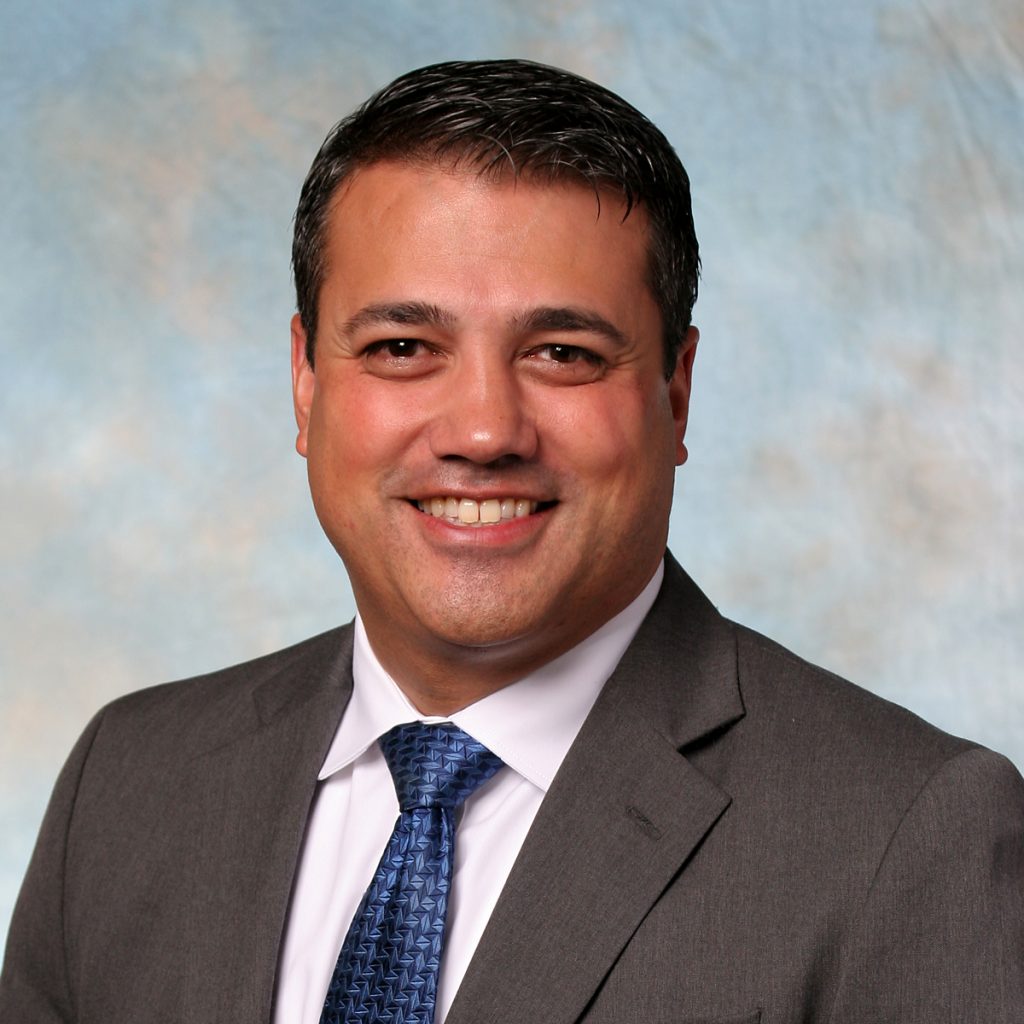
Rob Koop
AMS®, CMCA®
Executive Vice President of Portfolio Operations

